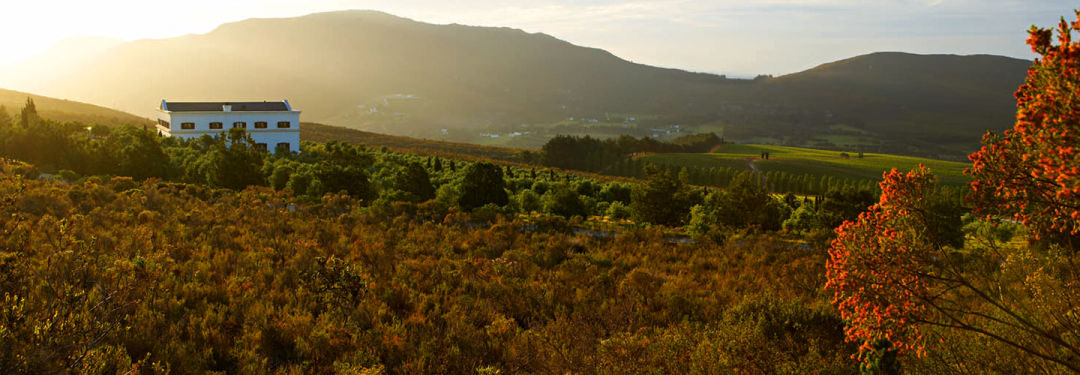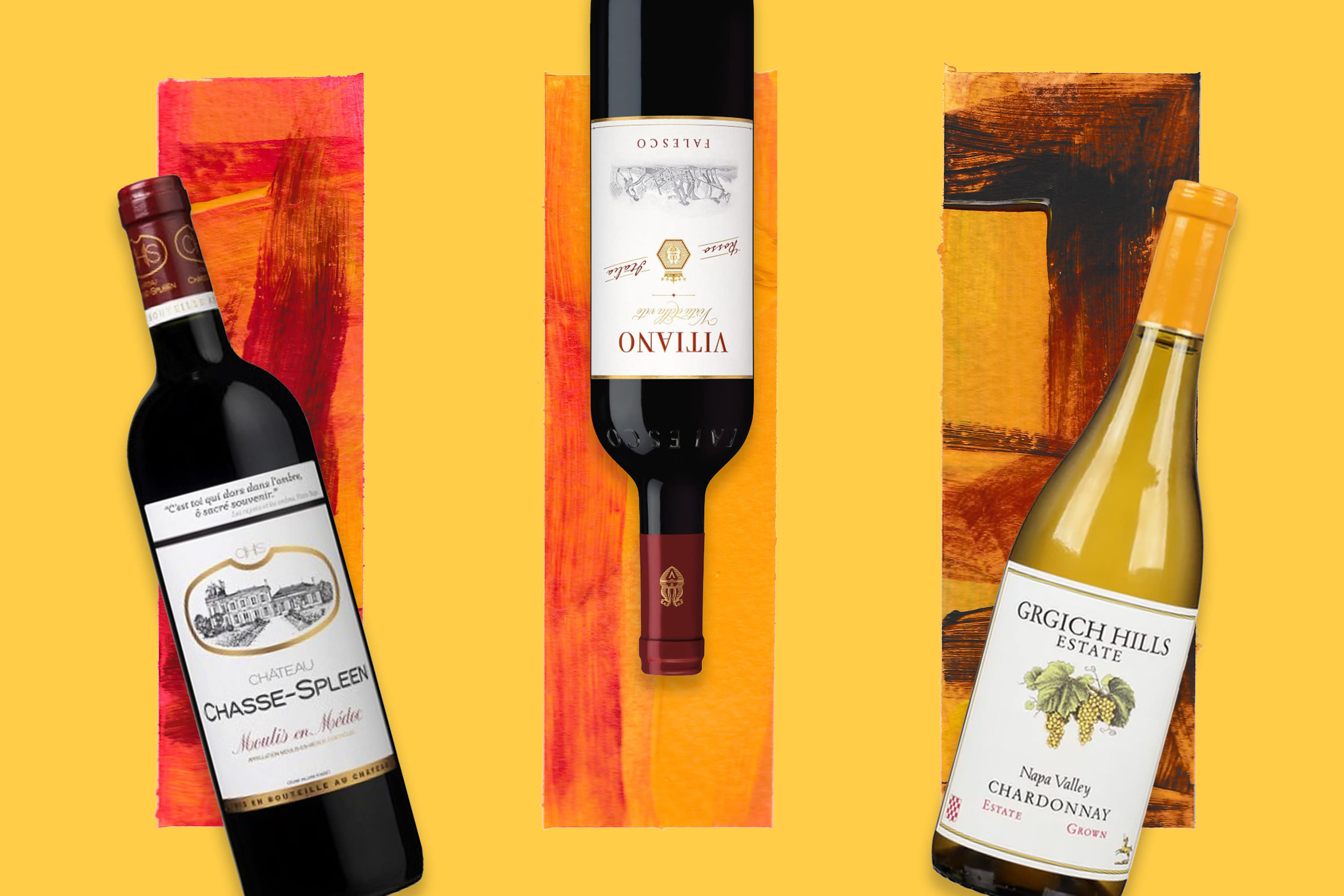The Growing Profile of South African Wines

Hamilton Russell Vineyards
Image: Courtesy Photo
One of the most enjoyable things about appreciating wine is the fun of exploration. Finding new producers, new winemaking countries and even new varietals can be stimulating. Such was the case at a recent seminar on South African wines held at Michael's Wine Cellar.
Michael's co-proprietor Michael Klauber is a devout supporter of South African wines and has led numerous excursions to the country. The Sarasota-Manatee Originals—a local restaurant trade group—recently brought in six South African winemakers and owners who gave in-depth presentations as part of Forks & Corks on their winemaking philosophies and provided two samples of each of their wares. The winemakers included Babylonstoren, Safriel House, Stark-Condé, Paul Clüver, Hamilton Russell Vineyards and Botanica Wines. The moderator, wine importer Pascal Schildt, kept things moving and helped clarify or embellish comments with anecdotes. What I came away with was a better understanding of the quality of the wines and the makers' passion for what they do.
In general, the wines were lighter than I expected, but most had good varietal character. Chenin blanc is the country's dominant white and makes up more than 40 percent of South African wines. The samples I tasted were dry, with a certain brilliance. According to the winemakers, South Africa's geography is predominantly mountainous and the soils are some of the weakest on earth. With those handicaps, each winemaker struggled to achieve the best wine the soil and climate could give.
The reds were light as well but showed nice varietal character. Pinot noir is the dominant red wine due to the country's cooler climate and shorter growing season. I was particularly impressed with the pinot noirs from Hamilton Russell. The most interesting red wine was a Bordeaux blend called Arboretum from Botanica, produced by Ginny Povall, an émigré from Massachusetts. Most of the wines sold for under $30.
During the event, I had the opportunity to interview Olive Hamilton Russell, an engaging woman whose husband’s family started Hamilton Russell in 1975. She told me that winemaking began in South Africa with the Dutch in 1659. Later, Huguenots arrived from France and brought their grapevines and began serious winemaking. There remains a Dutch influence in some of the winery names that you may find difficult to pronounce.
Russell told me that her vineyard's location, if compared to the northern hemisphere, would parallel Santa Barbara, California, which suggests that the country is temperate near the ocean and warmer inland. The cooler temperatures caused by the Atlantic are best for pinot noir and chardonnay. Last year, the average temperature was only one degree off from that of Burgundy, and milder winters and cooler summers provide long hang time to develop ripeness.
According to Russell, for many years, winemakers in South Africa exported predominantly to Europe, since America is 8,000 miles away. Lately, however, producers there have shown a greater interest in the U.S. and have an importer in Rhode Island. Since our seasons are reversed because of the difference in hemisphere, Hamilton Russel has also launched a winery in Oregon, and pre-release samples were of high quality. A unique feature of South African wines is the neck label, which sports a government number. This number tracks the vine, its grapes and bottles of wine—a level of specificity not found in any other country.
Bob McGinn has spent his entire career in the wine industry—forming wine clubs, working in wine sales marketing and engaging in all facets of the winemaking process, including vine management, fermentation and yeast analysis. He has developed wine programs for companies such as Marriott, Sheraton and Smith & Wollensky, and consults with local restaurants. You can read more of McGinn’s work at gulfcoastwinejournal.com.



